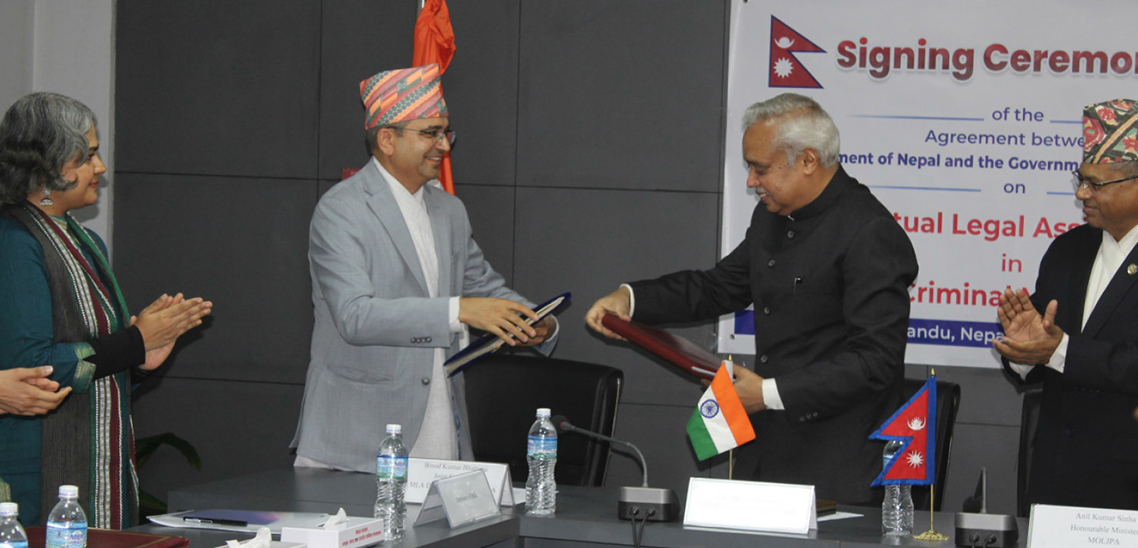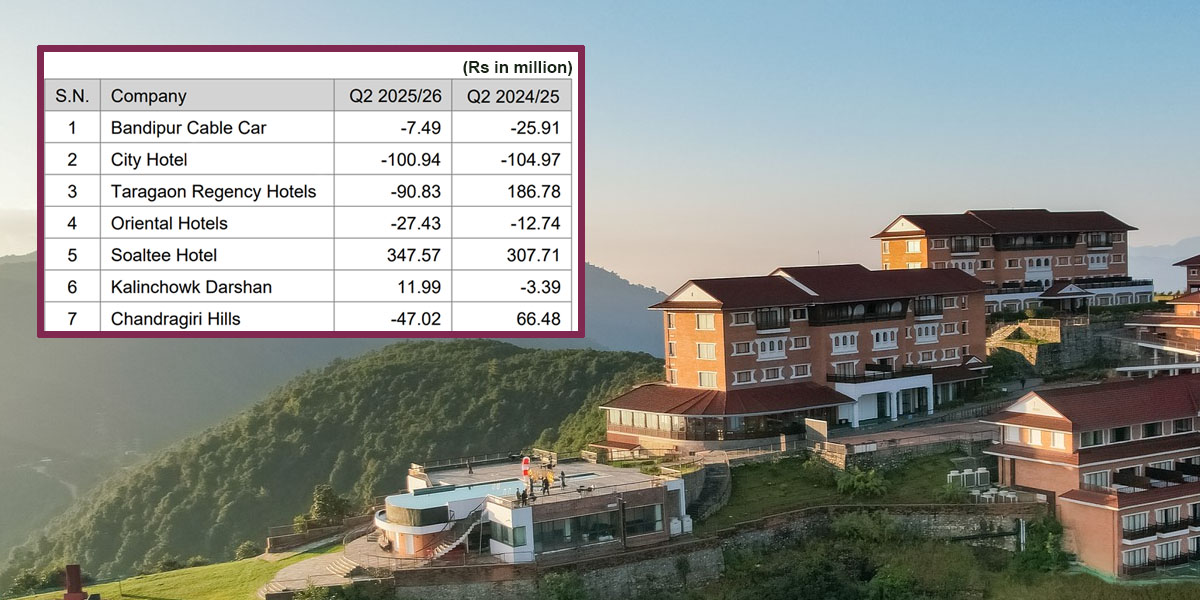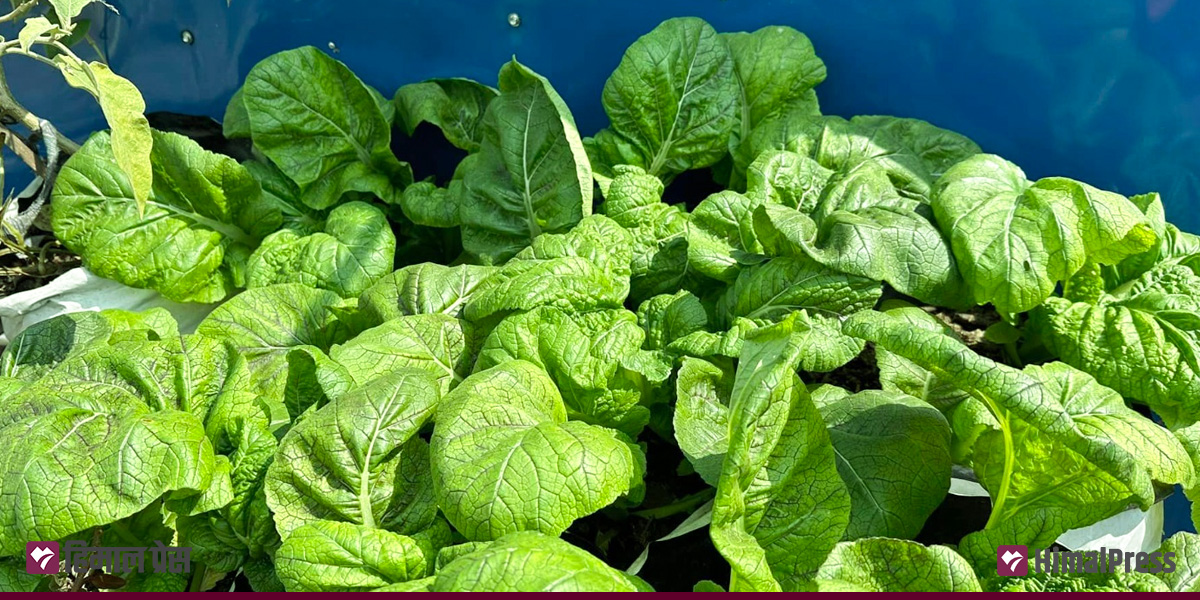
KATHMANDU: Laboratory tests have revealed alarmingly high levels of pesticide residue in vegetables, particularly mustard greens (rayo saag), entering the Kathmandu Valley.
“The pesticide levels in mustard greens were found to be double the acceptable standards,” said Ashmita Acharya, a pesticide technician at the Kalimati Fruit and Vegetable Market Development Committee. Samples from Dhading, Makwanpur, Bhaktapur, Nuwakot, and Kavre showed excessive pesticide residues, she added.
The lab at Kalimati Fruits and Vegetables Market tested 993 samples between July and November. Laboratory tests showed pesticide residues in mustard greens ranging from 39% to 82%, far exceeding the permissible limit of 35%.
According to Acharya, vegetables with residue levels below 35% are safe to consume. Those with residues between 35% and 45% can be consumed after a few days, but vegetables exceeding 45% should be discarded.
Five samples of mustard greens tested during the period were found to be unfit for consumption. The government has allowed farmers to use 164 types of pesticides. The lab in Kalimati, however, can test only 12 of them. This has left consumers vulnerable to pesticide-laden vegetables and fruits.
The lab has been testing 10 to 12 vegetable samples every day. Cauliflower and green chilies were found to have pesticide residues that were deemed safe for consumption after some time.
Rajiv Das Rajbhandari, a senior crop protection officer at the Central Agricultural Laboratory, said that of the 6,778 samples tested nationwide last year, 21 were found unfit for consumption, while 12 could be consumed after a few days.
Pesticides from carbamate and organophosphate groups, which cover only 12 types of pesticides, are currently tested in the lab.
“Mustard greens have consistently shown higher pesticide residues compared to other fruits and vegetables. Unchecked vegetables continue to flood the market. This poses serious health risks to consumers,” Rajbhandari added.
Vegetables entering from as far as Jhapa, Sarlahi, Kaski, Butwal, Nepalgunj, Kailali, Surkhet, Nawalpur, Sunsari, Dharan, Sindhuli, and Dhanusha are tested for pesticides at the lab in Kalimati Fruits and Vegetables Market.
The government has been conducting pesticide residue testing on fruits and vegetables since 2014. A total of 12 labs are in operation throughout the country. Five more are launching operations in the near future.

 Himal Press
Himal Press 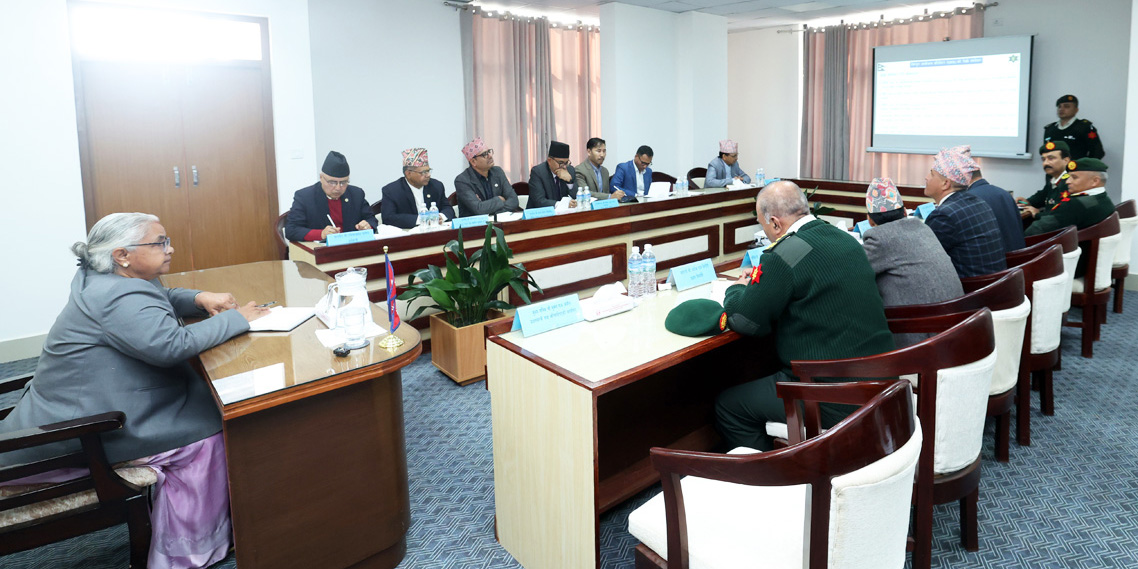
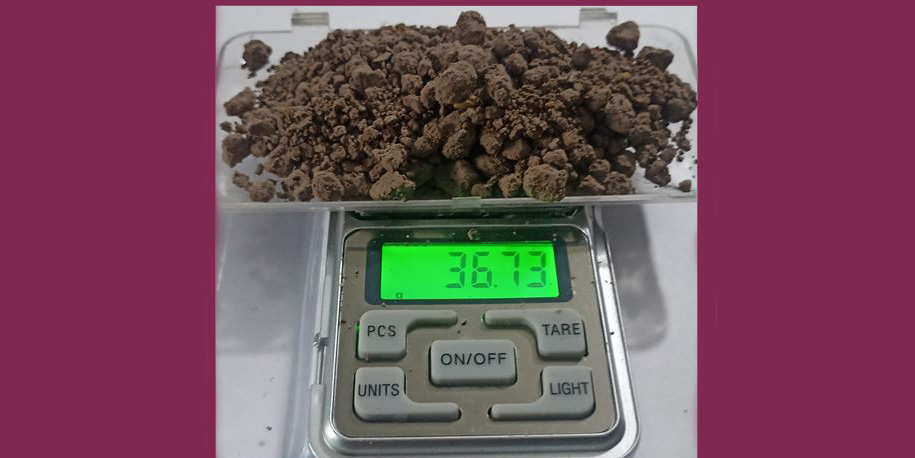



![Maha Shivaratri being celebrated across the country [With Pictures]](https://en.himalpress.com/wp-content/uploads/2026/02/HRB_KTMImage2026-02-15at7.37.40AM1.jpg)
